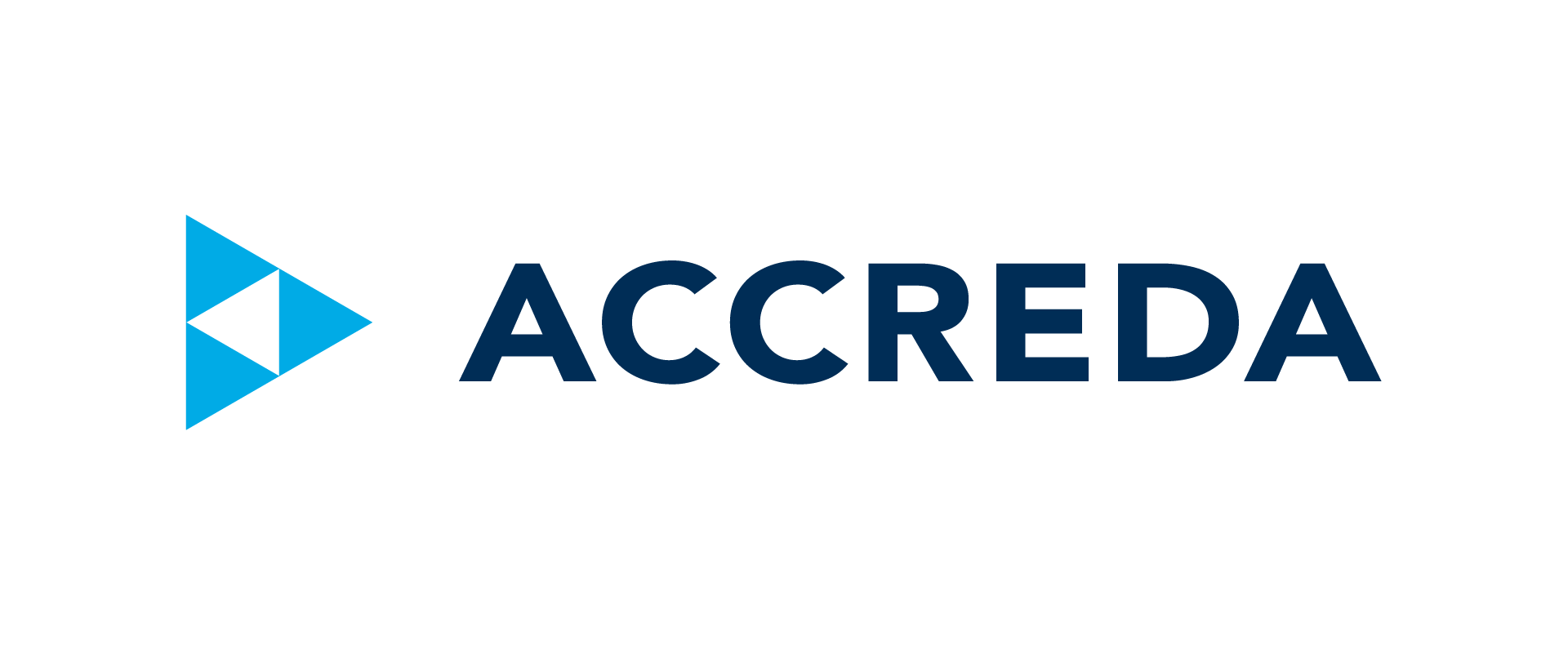Top Five Signs Your Business Is Ready for an ERP System
It’s taking longer and longer to reconcile financials at the end of the month. Your sales forecasts are based more on guesswork than solid figures. Your business is having trouble keeping up with its order volume and customer satisfaction is faltering as a result. You have no idea how much inventory you have in your warehouse, and it’s a pain to find out. If this sounds like your business—or close to it—then it may be time to consider an ERP system.
Because every company is unique, there’s no single indicator that says, “You need ERP now!” However, the companies that would benefit most from ERP software often face similar problems and frustrations. Is your business facing some of these same issues? Read on to discover the top five signs that your company is ready for ERP.
#1: You Have Lots of Different Software for Different Processes
Spend a few minutes thinking about how employees at your company record, track and process information. Do accounting staff use one system for receivables and payables, and sales use another to enter in customer orders? Is the process of taking those orders and getting them fulfilled and into accounting a time-sucking manual process? Do employees in your warehouse use a completely different solution to track shipping and receiving?
When various front- and back-end systems run separately, it can wreak havoc on the processes that are meant to ensure your company is running smoothly. Without accurate data from sales, inventory management may suffer, while not having the latest information from accounting can trigger a ripple effect on everything from marketing budgets to payroll.
ERP software integrates these systems so that every business function relies on a single database. With one source of information that contains accurate, real-time data, an ERP solution breaks up information logjams, helps staff make better decisions more quickly and frees up their time to work on more high-value exercises like helping the business grow even faster.
#2:You Don’t Have Easy Access to Information About Your Business
The pace of business is faster than ever before, which means employees across your company need immediate access to key data. With an ERP solution, executives can get a holistic view of business operations at any time, while other staff can get the information they need to do their jobs more effectively. For example, sales representatives should be able to view a customer’s full transaction history and more proactively improve renewal rates while increasing upsell and cross-sell opportunities.
#3: Accounting Takes Longer and Is More Difficult
The same goes for financial reporting—if it takes ages to consolidate or reconcile financial information across systems and through countless spreadsheets, an ERP solution can make a significant impact. With all financials in a single database, accounting staff won’t have to spend hours cross-posting information, rekeying numbers, or reconciling data manually. Your accounting staff will be more productive, freeing them to deliver critical reports without delays and frustration.
#4: Sales and the Customer Experience Are Suffering
As companies grow, one of their biggest challenges is often inventory management. Ensuring that the right amount of products is in the right location at the right time is a vital part of business operations.
When sales, inventory and customer data are maintained separately, it can create serious problems across your company. If you run out of a popular product, sales will be off until the next shipment arrives. Meanwhile, if a customer calls to inquire about an order and employees can’t track it to see if it’s been shipped—or if it’s even in stock—your company will start to develop a poor reputation for reliability and service.
With an ERP system, on the other hand, staff in every department will have access to the same, up-to-the-minute information. Customer-facing reps should be able to answer customers questions about order and shipping status, payment status, service issues, etc., without having to hang up the phone and check with another department. Better yet, customers should be able to simply go online to their account and view status information. Meanwhile, the warehouse manager can see that stock is getting low and can reorder.
#5: Your IT Is Too Complex and Time-Consuming
If your patchwork of systems includes on-premise, legacy business software, system upgrades can be more trouble than they’re worth. Not only are these updates expensive and time-consuming, but they may also undo customizations implemented by IT staff. Given that, it’s no surprise that two-thirds of mid-size businesses are running outdated versions of their business software.
Rather than adding more software—and complexity—to an already ineffective system, ERP technology can give you the agility to respond to changing business needs rapidly. That’s why selecting an ERP solution like Microsoft Dynamics NAV from Accreda is critical. With Microsoft Dynamics NAV, system updates are no longer an issue, and new functions are easy to add as your business grows and changes.



